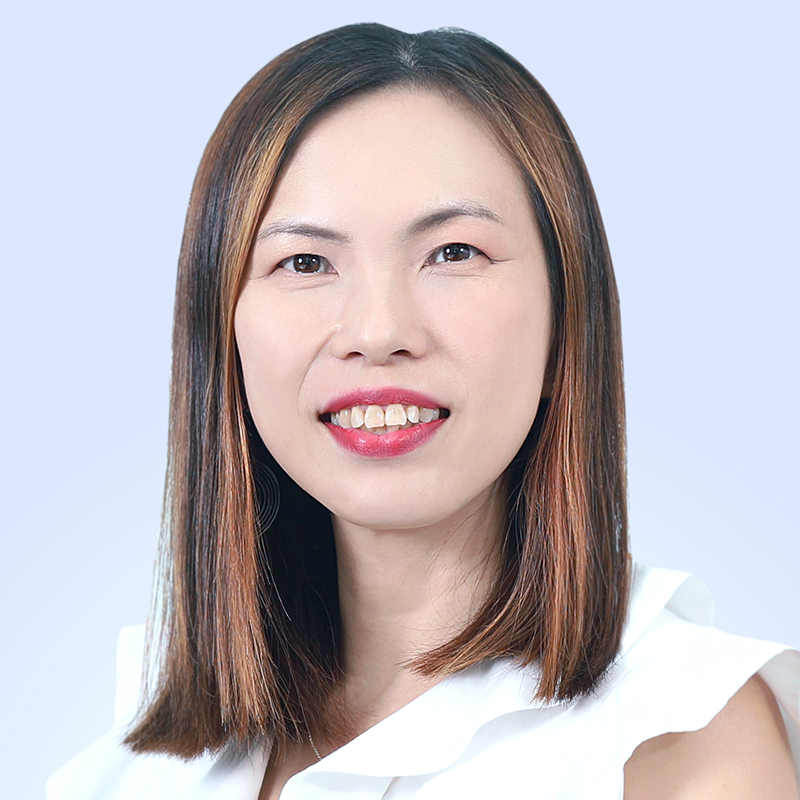Singapore
Breadcrumb navigation


NEC’s vision for a sustainable world
- An interview with Yutaka Okano
NEC’s Environmental Senior Manager, Yutaka Okano has had an impressive career in environmental sustainability for large corporations. He is successful in achieving compliance with air, waste and chemical regulations as well as setting long-term strategies in energy, water, and biodiversity.
We talked to him about sustainability at NEC and his projections for the future:
Q: You have some really impressive achievements for both NEC and NEC’s customers:
Can you give us an overview of your sustainability career and your work with NEC so far?
Okano: I’ve been working in sustainability for 20 years, but I got interested in environmental sustainability when I was in high school. At university, I studied things like nutrient cycling, diverse ecosystems, animals, plants, soil and the atmosphere.

I worked for Toyota for 14 years doing things like building their long-term sustainability strategy and environmental impact assessments.
Some things in these assessments are quantifiable like carbon emissions but other things, such as biodiversity, depend on community value. For example, when we built a new factory in Mexico, there was a plant species that was not endangered but a very important part of the culture so we could not remove any of these plants.
I believe in the power of digital and its ability to incorporate Sustainability value.
For example, at NEC we are developing a product to help our customers measure CO₂ emissions in the supply chain and visualise that from a city or regional perspective.
That's my passion; using digital technology to change the business and social structure.
Q: Often you see corporations that have shifted recently as sustainability priorities change, have you seen your own or customers' perspectives change?
Okano: 20 years ago, pollution control was the main priority of the environmental department but, in the last 5-10 years, focus has shifted to business: how to make positive impact through our services and products.
When making an environmental report these days, it's called a sustainability integrated report. We have to talk about our business, how we visualize the supply chain or how we enable a distributed energy system - those kinds of business impacts.
Environmental experts now need to talk about business needs and how we incorporate our ideas into the mid-term business plan. That's a big change.
Q: Thinking more about the positive impact that businesses have, have you done any work with social sustainability?

Okano: Yes, I’ve done some recent work with Smart Cities and whenever we talk about decarbonization we always talk about those social issues at the same time. For example, NEC is the largest EV charger system provider in Japan and we know this charger will help the society’s decarbonization. However, at the same time when we think of the environment, we should think about the users and also issues in the community such as aging society or local transportation system. We cannot decarbonize the city without the social context because people are used to emitting CO₂ through their activity.
I believe we shouldn’t focus on one problem. The key is to see the city from various aspects. That way we can solve multiple issues at once and finally can realise a sustainable society.
Q: NEC has an A grade from CDP, which is amazing. But what's next?
Okano: At NEC, we want to lead the world to form a sustainable society. NEC is a member of a rulemaking group for supply chains so we are working with many internal, AI, networking and sensor experts to measure the impact on water, soil, animals and plants.
We are also a member of a TNFD (Taskforce on Nature-related Financial Disclosures) which is a new, international initiative to visualize the relationship between business and nature.
Q: ASEAN is known for being diverse - both culturally and economically. How can multinationals build sustainability in a way that fits all regions?

Okano: That's a big question, but it will be very important for the next 10 years. We need more regional collaboration. Because of the regional closeness, people in ASEAN can come together and have more collaboration in logistics or energy sharing. NEC will play a role in that.
Other countries like Singapore, Thailand and Australia have many perspectives that they can share with the world. I hope we will have more communication.
Q: What do you think is the biggest challenge for companies switching to sustainable technologies?
Okano: I strongly believe in incorporating environmental value into the economy. We need to move to a different kind of technology and social system, but first, we need to understand the cost not just for the present generation but future generations and we need to support the transition. Digital technology is the key to changing all technology to be sustainable
We live in a social system but first, we have to live in this ecosystem. That's a basis we cannot deny.
Q: NEC's Green Globe X - tell us about what can be achieved with the product.

Okano: Our customers in various industrial sectors are using Green Globe X (GGX) to measure global environmental footprint.
NEC is using it to measure how much CO₂ we emit every day. We have around 400 buildings and plants globally and use GGX to understand our carbon footprint and make a road map to be carbon neutral. Based on the GGX number, we set our 2030 CO₂ reduction target and based on that we make an investment plan.
We also use it for other environmental activities like water management, water consumption, discharge water, air emissions and waste generation.
Q: Sometimes sustainability can feel like a really big, overwhelming task, how do you stay motivated?
Okano: Environmental value has a price. To be able to incorporate this into business, we need to know the value, impact and benefit of the environment and we need digital technology to visualize it.
In the first ten years of managing sustainability at Toyota I thought, I’m working for future generations but nobody says thank you, it was my daily struggle.
However, I realized have small successes to appreciate is motivating me. And celebrate our small success together with my colleagues so that I can feel my contribution to company.
Discover more about NEC’s commitment to sustainability.
Dannie Lau
Regional Purchasing & Environment Senior Manager at Regional Purchasing and Logistics
NEC Asia Pacific
Dannie is the Regional Purchasing & Environment Senior Manager at NEC APAC, embodying NEC's unwavering dedication to the United Nations' Sustainable Development Goals (SDGs). Her role revolves around collaborating with NEC affiliate offices in the APAC region to drive sustainability and foster value creation in alignment with Carbon Neutrality and Climate Change objectives.
In addition, Dannie is entrusted with the vital task of ensuring the compliance of local offices with ESG regulations specific to the region. Her commitment extends to forging close alliances with supply chain partners, where she leads initiatives to reduce environmental impact and mitigate risks associated with their operations.
Within her Purchasing portfolio, Dannie is a champion of co-creation, working closely with diverse offices to devise strategies to enhance operational cash flow, optimize Global Partner Management, and fortify procurement compliance and governance. Her holistic approach to these responsibilities reflects her commitment to NEC's overall success.

Back to the article list: